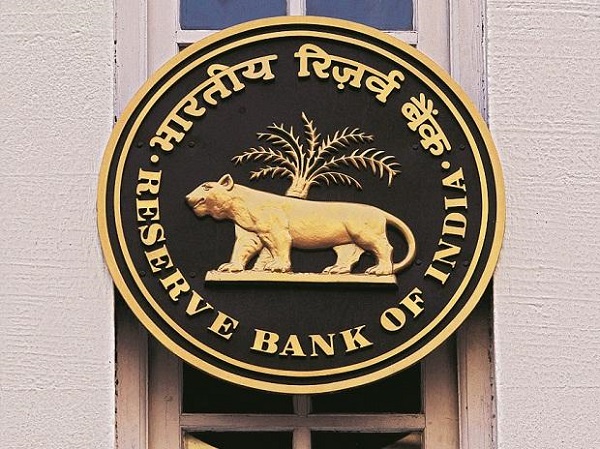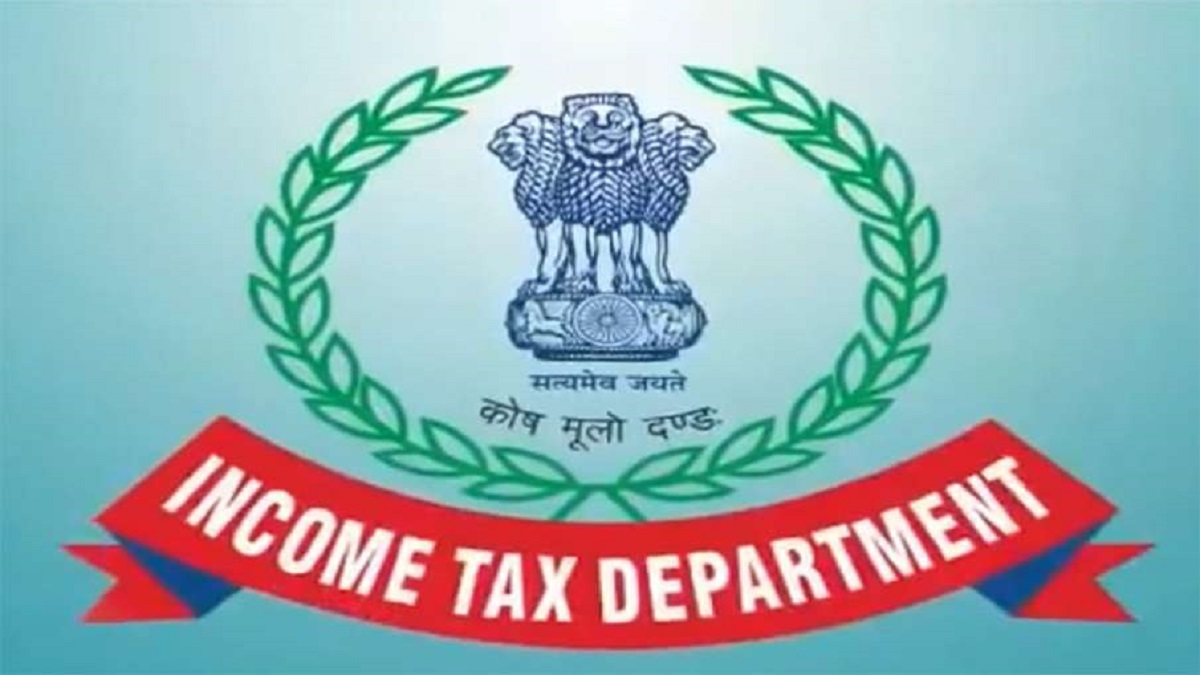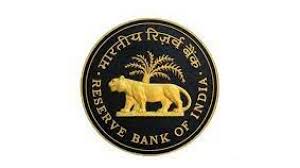RBI Alert: Reserve Bank of India changes rules for loan transfer; issues master direction for banks, NBFCs
Mon 27 Sep 2021, 06:23:08

RBI Alert: Reserve Bank of India changes rules for loan transfer; issues master direction for banks, NBFCs
The Reserve Bank on Friday issued Master Direction on loan transfer, requiring banks and other lending institutions to have a comprehensive board-approved policy for such transactions. Loan transfers are resorted to by lending institutions for various reasons, ranging from liquidity management, rebalancing their exposures or strategic sales.
Also, a robust secondary market in loans will help in creating additional avenues for raising liquidity, the RBI said.
The provisions of the direction are applicable to banks, all non-banking finance companies (NBFCs), including housing finance companies (HFCs), NABARD, NHB, EXIM Bank, and SIDBI.
The Master Direction has also prescribed a minimum holding period for different categories of loans after which they shall become eligible for transfer.
"The lenders must put in place a comprehensive Board approved policy for transfer and acquisition of loan exposures under these guidelines.
"These guidelines must...lay down the minimum quantitative and qualitative standards relating to due diligence, valuation, requisite IT systems for capture, storage and management of data, risk management, periodic Board level oversight, etc," said the Master Direction.
Draft guidelines on Reserve Bank of India (Transfer of Loan Exposures) Directions, 2021, were released for public comments in June last year.
The final direction issued on Friday has been prepared to take into account inter alia the comments received. The direction, the RBI said came into effect immediately.
As per the direction, "a loan transfer should result in immediate separation of the transferor from the risks and rewards associated with loans to the extent that the economic interest has been transferred".
In case of any retained economic interest in the exposure by the transferor, the loan transfer agreement should specify the
distribution of the principal and interest income from the transferred loan between the transferor and the transferee(s), it added.
distribution of the principal and interest income from the transferred loan between the transferor and the transferee(s), it added.
'Transferor' means the entity which transfers the economic interest in a loan exposure, while 'transferee' refers to the entity to which the economic interest in a loan exposure is transferred.
It further said a transferor "cannot re-acquire" a loan exposure, either fully or partially, that had been transferred by the entity previously, except as a part of a resolution plan.
Further, "the transferee(s) should have the unfettered right to transfer or otherwise dispose of the loans free of any restraining condition to the extent of economic interest transferred to them".
The master direction also provides a procedure for the transfer of loans that are not in default.
Meanwhile, the RBI also issued Master Direction on the securitisation of standard assets to facilitate their repackaging into tradable securities with different risk profiles.
Observing that complicated and opaque securitisation structures could be undesirable from the point of view of financial stability, the RBI said, "Prudentially structured securitisation transactions can be an important facilitator in a well-functioning financial market in that it improves risk distribution and liquidity of lenders in originating fresh loan exposures".
In its 'Master Direction - Reserve Bank of India (Securitisation of Standard Assets) Directions, 2021', the central bank has specified the Minimum Retention Requirement (MRR) for different classes of assets.
For underlying loans with an original maturity of 24 months or less, the MRR shall be 5 per cent of the book value of the loans being securitised. It will be 10 per cent for loans with an original maturity of more than 24 months.
In the case of residential mortgage-backed securities, the MRR for the originator shall be 5 per cent of the book value of the loans being securitised, irrespective of the original maturity.
No Comments For This Post, Be first to write a Comment.
Most viewed from Business
AIMIM News
Asaduddin Owaisi questions PM Modi's China policy
Jan 08, 2025
Owaisi slams UP over police post near Sambhal mosque
Dec 31, 2024
Owaisi hails SC order on Places of Worship Act
Dec 13, 2024
AAP Corporator Tahir Hussain joins AIMIM party
Dec 11, 2024
Latest Urdu News
Most Viewed
May 26, 2020
Which political party will win the Delhi Assembly polls to be held on Feb 5?
Latest Videos View All
Like Us
Home
About Us
Advertise With Us
All Polls
Epaper Archives
Privacy Policy
Contact Us
Download Etemaad App
© 2025 Etemaad Daily News, All Rights Reserved.





























